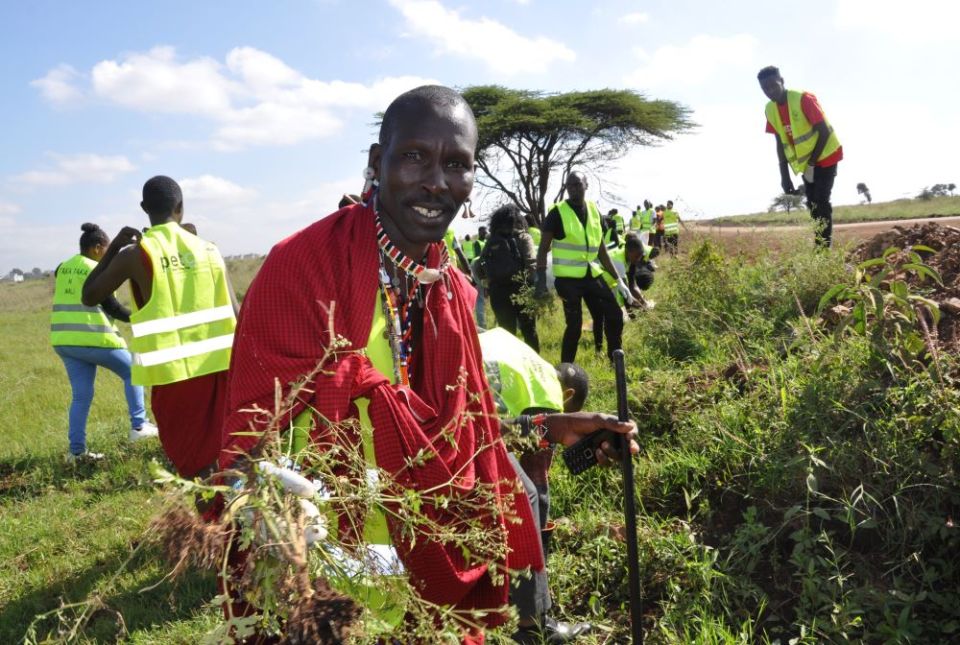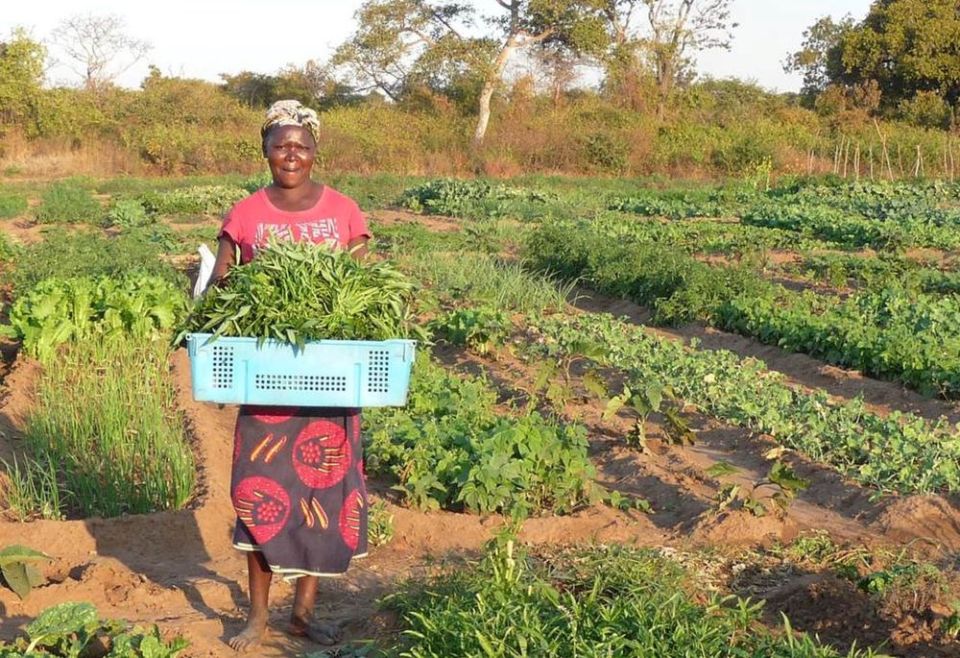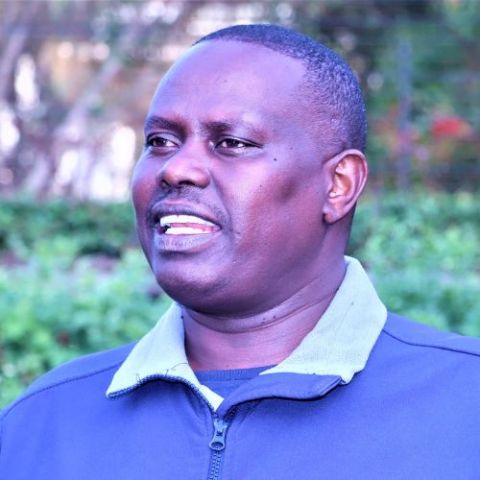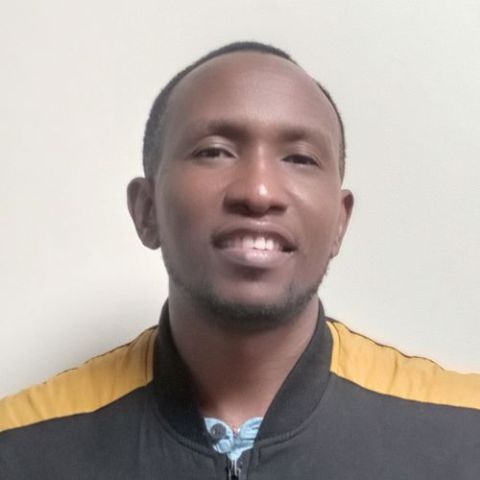10.11.22 AFRICA-ENVIRONMENT-ACTION.jpg

NAIROBI, Kenya — After Catholic bishops this summer approved new guidelines to bring Pope Francis' encyclical on ecology to life in East Africa, attention has turned to sharing them far and wide throughout churches and to Catholics across the region.
The Laudato Si' implementation guidelines were launched at the closing Mass of the 20th plenary assembly of the Association of Member Episcopal Conferences of Eastern Africa, or AMECEA, held in Tanzania in July. The assembly focused on addressing the environmental challenges in the region.
The guidelines have been compiled into a booklet and outline a path to implement "Laudato Si', on Care for Our Common Home," Pope Francis' 2015 encyclical on ecology, said Bishop Rogatus Kimaryo, of Same, Tanzania. Kimaryo is AMECEA chair of promoting integral human development.
"This book is a pastoral book to help the church in the region to be aware of the Laudato Si' Action Platform," he said, referring to the Vatican's major initiative aimed at spreading sustainability throughout the global church.
10.11.22 ZAMBIA-FARMS .jpg

The booklet features seven chapters derived from the seven thematic goals of the Laudato Si' Action Platform, which outline categories for actions such as responding to the cry of the earth and the cry of the poor, ecological education and spirituality, and simple lifestyles. Each chapter begins with an introduction followed by a theological reflection, conversion point and guidelines to meet the specific Laudato Si' goal, the bishop said.
At the July plenary assembly, each bishop received a copy of the booklet to reflect on how implementation might look in their diocese, "as the challenges vary from one diocese to another," said Fr. Paul Igweta, AMECEA coordinator of the Department of Integral Human Development.
AMECEA is comprised of the bishops' conferences of Ethiopia, Eritrea, Kenya, Malawi, Tanzania, Uganda, Sudan, South Sudan and Zambia, along with affiliate member countries Somalia and Djibouti.
10.11.22 Rev. Fr. Paul.jpg

Igweta added that copies of the booklet will be made available within dioceses as well, saying the Laudato Si' implementation guidelines were not only meant for bishops but also "priests, religious men and women, institutions, Catholic faithful and people of goodwill to carry out the actions."
Making the booklet available to everyone would ensure that "themes of the action platform shall be shared during small Christian community meetings (called jumuiya)," Kimaryo said before its launch.
A major step in promoting the booklet's adoption in parishes and communities will be making more Catholics aware of Laudato Si' at all.
A 2020 meeting in Lusaka, Zambia, on the impact of the environment on integral human development examined a survey that found "a very low level of awareness of the encyclical, partly explained by a generally poor reading culture among many people in the region," as detailed in the booklet.
The creation of the guidelines, it says, is an attempt to strengthen awareness and responses to the encyclical in the region by "addressing the basic question of knowledge of the encyclical as well the translation of the principles therein into actions for individuals, households and communities."
Rollout of the booklets is expected to begin in November with a weeklong training in Nairobi, Kenya, for members of the nine national episcopal conferences of the AMECEA countries.
The booklet calls for the nine conferences and their affiliated dioceses to establish Laudato Si' implementation teams composed of but not limited to: pastoral coordinators; Caritas officials, and others working in the areas of health, refugees and seafarers; members of Catholic justice and peace departments and integral human development programs; and youth and lay leaders.
Additional diocesan meetings will train priests on the booklet and their role in implementing it in their parishes. Priests are expected to include the guidelines in their homilies and work with Catholic Justice and Peace Department members to train their local council and leaders of jumuiya — small Christian communities of 10 to 12 families — who will then discuss the themes during their community meetings.
10.11.22 backyard garden.JPG
Each jumuiya will have a point person who will record their activities that will then be compiled by their parishes and diocesan Laudato Si' team, said Igweta, who is leading the training for the Nairobi Archdiocese and will coordinate with bishops to organize training sessions for priests in other dioceses.
The Laudato Si' booklet also directs the nine national conferences "to work collaboratively with diocesan teams to collate best practices and publish annual surveys on the state of the care for our common home." In addition, it assigns the AMECE's Department of Integral Human Development to maintain a database of initiatives as well as synthesize surveys and studies from the entire region.
In ensuring that the Laudato Si' message and its implementation reaches everyone, Igweta hinted at a possible partnership with the Catholic Youth Network for Environmental Sustainability in Africa, or CYNESA, and the Laudato Si' Movement Africa, for which he is part of a global council representing the continent.
"I have worked with them in the past and I consult with them a lot," he said. "Those are groups I can work with."
The booklet's rollout also faces several challenges, said David Munene, CYNESA programs manager. Among them, he told EarthBeat, are inadequate resources for Catholic Justice and Peace Department members, who risk being "overwhelmed" by adding another initiative to their list of programs.
10.11.22 David Munene.jpg

Another challenge would be accessing the booklet itself.
"It is expensive for us to print," Igweta said.
He added they intend to approach Pauline Publishers about publishing the booklet and making it available to purchase in Christian bookshops. They also will look to make a digital copy available on social media and through the AMECEA website.
There have also been discussions about tapping into the region's local Catholic media stations in an effort to mainstream the implementation of Laudato Si' and emphasize that it's not just the work of a single group but "for the whole church," Igweta said.
The Laudato Si Implementation guideline will be translated to Kiswahili, an official language of the East African community and Chichewa, an official language of Malawi and Zambia. Translation to languages like Amharic and other local languages in the AMECEA region has yet to begin.
Advertisement
Advertisement



